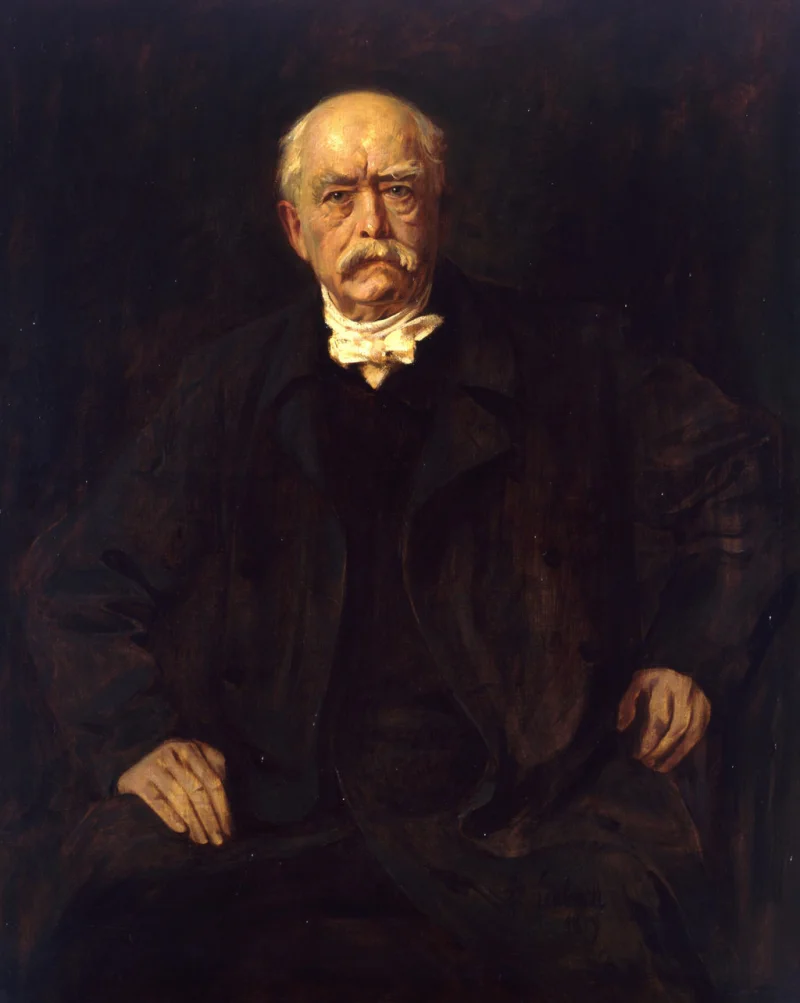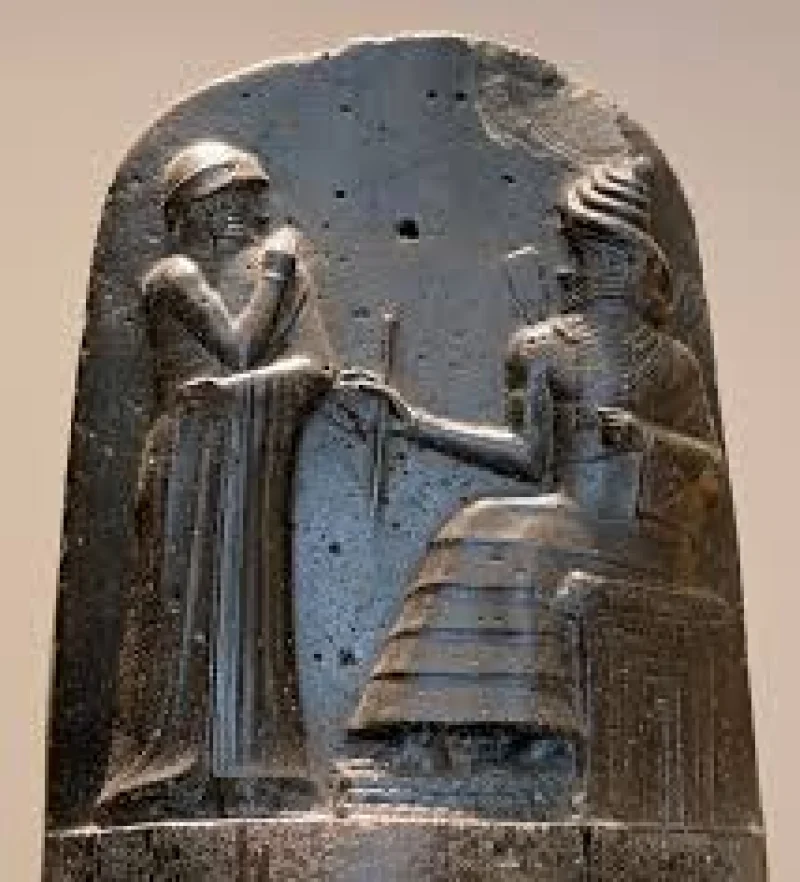Short Summary
Otto von Bismarck was a Prussian statesman who played a pivotal role in the unification of Germany in the 19th century. He served as the first Chancellor of the German Empire from 1871 to 1890, implementing policies that established Germany as a major European power. Known as the "Iron Chancellor," his realpolitik and diplomatic skills helped maintain peace in Europe for nearly two decades. Bismarck is famous for his leadership and contributions to the creation of modern Germany.
Early Life & Education
Born on April 1, 1815, in Schönhausen, Prussia, Otto Eduard Leopold von Bismarck came from a noble family with a strong military tradition. He was educated at the Friedrich Wilhelm Gymnasium and later attended the University of Göttingen and the University of Berlin, studying law. Influenced by his aristocratic background and the political environment of his time, Bismarck developed an interest in politics and governance. His early exposure to Prussian bureaucracy and law laid the foundation for his future career as a statesman.
Career Highlights
Bismarck's political career began in 1847 when he was elected to the Prussian diet. He became a prominent figure in Prussian politics, serving as ambassador to Russia and France. In 1862, King Wilhelm I appointed him as the Prime Minister of Prussia. Bismarck orchestrated the unification of Germany through a series of wars, including the Austro-Prussian War and the Franco-Prussian War. In 1871, he became the first Chancellor of the German Empire, where he implemented policies that strengthened the new nation and maintained peace in Europe.
Major Achievements
- Unification of Germany: Successfully united the German states under Prussian leadership through strategic wars and diplomacy.
- First Chancellor of Germany: Served as the inaugural Chancellor of the German Empire from 1871 to 1890, shaping its early policies.
- Realpolitik: Mastered the art of realpolitik, using practical and strategic diplomacy to achieve political goals.
- Social Reforms: Introduced progressive social welfare programs, including healthcare and pension systems, to appease the working class.
Famous Quotes
- "The great questions of the day will not be settled by means of speeches and majority decisions but by iron and blood."
- "Politics is the art of the possible, the attainable — the art of the next best."
Interesting Facts
- Bismarck earned the nickname "Iron Chancellor" due to his strong leadership and determination.
- He is credited with introducing the world's first welfare state to counter socialist movements.
- Bismarck survived multiple assassination attempts during his political career.
- He was dismissed by Kaiser Wilhelm II in 1890, ending his influential role in German politics.
- Bismarck predicted the outbreak of a great European war years before World War I.
Legacy / Influence
Bismarck's legacy endures as the architect of modern Germany, having unified the nation and established it as a European power. His diplomatic skills and policies, particularly the balance of power strategy, influenced European politics well into the 20th century. His introduction of social welfare programs set a precedent for modern welfare states, showcasing a blend of conservative and progressive policies.
FAQ
Q: Why is Otto von Bismarck famous?
A: He is famous for unifying Germany and serving as its first Chancellor, establishing it as a European power.
Q: What was Bismarck's role in the German Empire?
A: He served as the first Chancellor, shaping its early policies and maintaining European peace.
Q: What is realpolitik?
A: Realpolitik is a political system focused on practical and strategic decision-making rather than ideological considerations.









